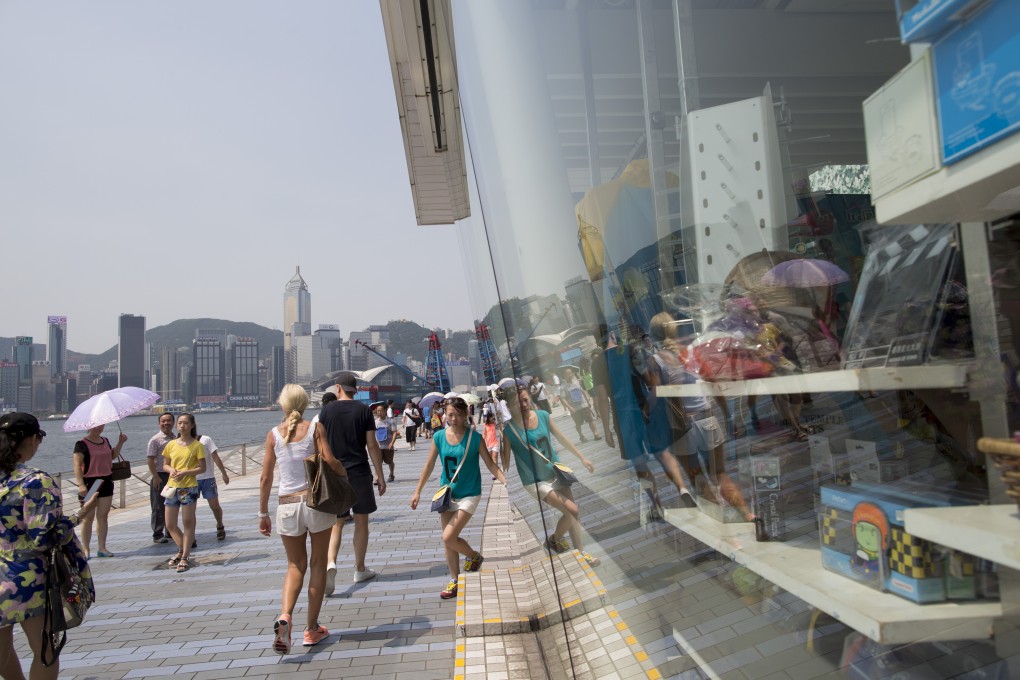Hong Kong must find a way to resolve dilemma of mainland visitor numbers
Bernard Chan notes the effect of Beijing's crackdown on corruption

Recent figures show that Hong Kong's economy slowed in the second quarter of the year. Analysts say a marked drop in mainland visitors' spending on luxury goods is part of the reason. Representatives of the retail sector have expressed concern about what this could mean in the long term.
There are probably several reasons for the year-on-year fall in luxury goods sales. But Beijing's clampdown on official gift-giving and corruption must play a role. Assuming this is so, it implies that Hong Kong has been benefiting economically from misbehaviour among some mainland officials.
We all know the mainland's corruption problem is extensive, but is it right for Hong Kong to capitalise on it?
You could argue that Hong Kong is no different from many other destinations who attract high-spending visitors. But even leaving ethical issues aside, would this be a sustainable or desirable way for our city to make a living?
A Legislative Council research paper earlier this year looked at the impact of the individual visit scheme, which has allowed far more mainlanders to visit Hong Kong since 2003. The intentions behind boosting mainland visitor numbers were good, and the initiative was widely welcomed when Hong Kong was recovering from an outbreak of the severe acute respiratory syndrome.
However, total mainland tourist or shopper arrivals have increased hugely since, helping push visitor numbers up from 16.6 million in 2002 to 54.3 million last year. Many are shoppers who want to buy particular kinds of high-value items, so this influx has disturbed the retail mix. The Legco paper notes a 1,500 per cent increase in cosmetics and personal care outlets, and a 31 per cent increase in jewellery and watch stores from 2004 to last year.
At the same time, hefty rises in retail rents have led to the closure or relocation of many shops serving locals. Some observers are sceptical of tourism's economic benefits. According to the Legco paper, the individual visit scheme added only 1.3 per cent overall to our gross domestic product last year. This is probably because the majority of such visitors do not stay overnight, and the goods they buy are tax-free and essentially re-exports, so not much of the expenditure stays in the economy.